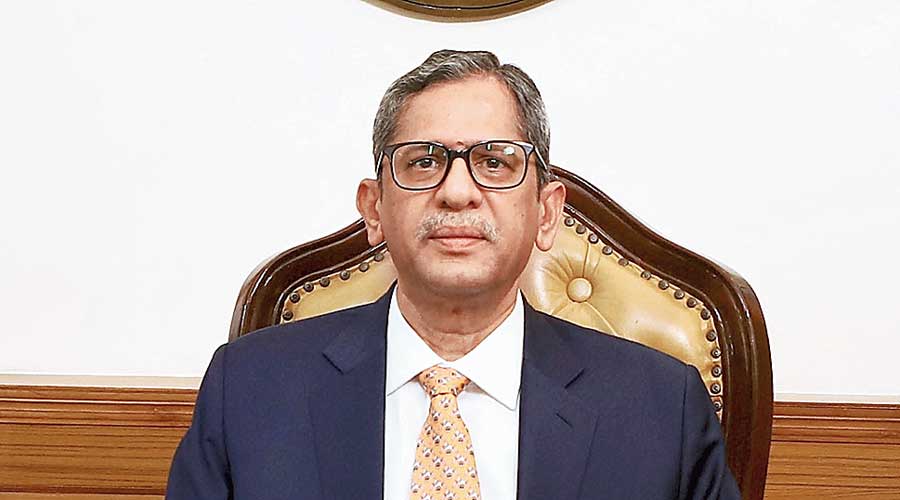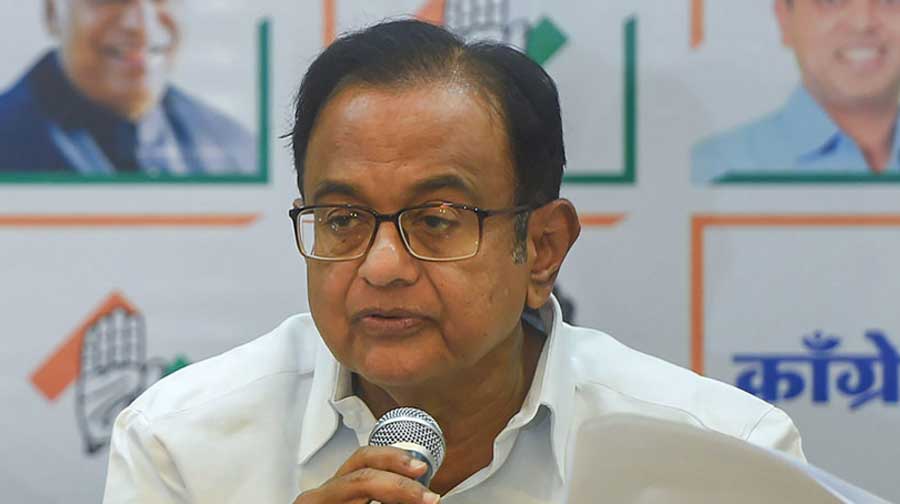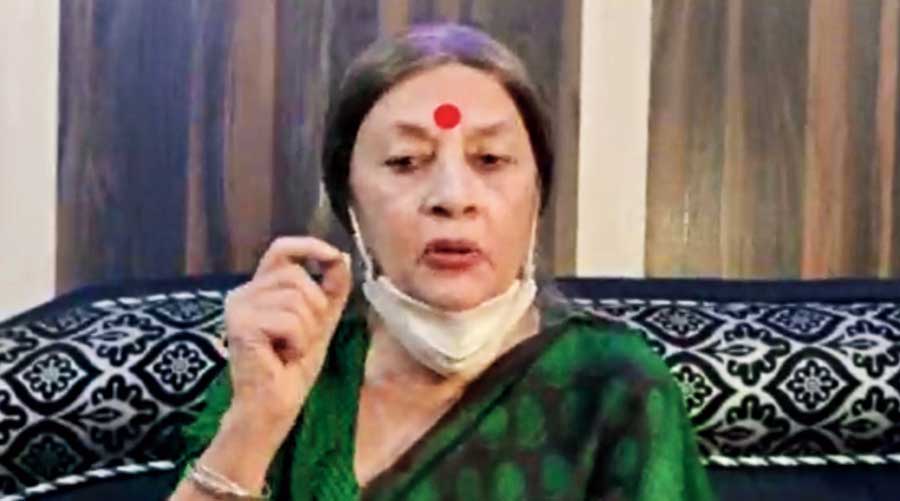Chief Justice of India N.V. Ramana on Sunday regretted the lack of debate in Parliament and state legislatures, his remark coming against the backdrop of the Centre railroading several bills through Parliament without discussion during the just-ended monsoon session.
Justice Ramana said the Houses once witnessed elaborate discussions over every bill and rued that the lack of quality debate nowadays often led to legislation riddled with “ambiguities” and “gaps in law”.
“I still remember the debates which used to take place in the Lok Sabha, Rajya Sabha and various state legislatures,” the Chief Justice said at the Independence Day celebrations on the Supreme Court lawns.
“Unfortunately, over a period of time, you know what’s happening in the Houses, whether it is Lok Sabha or Rajya Sabha, if you see the debates that used to take place in the House, were very, very nice and constructive debates….”
In the monsoon session, the Narendra Modi government passed 19 bills with hardly any discussion as the Opposition stalled proceedings demanding debates on issues such as the Pegasus snooping controversy.
“It’s a sorry state of affairs (now). We see legislation and laws being passed with a lot of ambiguities and lots of gaps in law. There is no clarity regarding the laws. We don’t know for what purpose a law has been made. This creates a lot of litigation, inconvenience and loss to the government and inconvenience to the general public,” Justice Ramana said.
“That’s what happens if intellectuals and professionals like lawyers are not there in the House. I don’t want to say more than this, but it is time the legal community take the lead in making laws, to participate actively in social and public life.”
The Chief Justice recalled that Parliament and the state legislatures once boasted large numbers of legal experts as members.
He cited how CPM parliamentarian P. Ramamurti from Tamil Nadu (who had been an MP for 16 years between 1960 and 1983) had contributed extensively to a debate on the various contours of the Industrial Disputes Act.
Justice Ramana said the leaders of the freedom struggle like Mahatma Gandhi, Vallabhbhai Patel, Jawaharlal Nehru and Rajendra Prasad were lawyers. Later, apart from Gandhi, the rest became parliamentarians.
He exhorted the senior lawyers present: “I don’t want you all to confine yourselves to only your profession of earning money and living comfortably. Please think over as you must also participate in public life. I hope your knowledge, wisdom and experience will help the country and people will feel happy.”
Justice Ramana praised the Supreme Court’s role over the past 75 years, saying it had not just interpreted the Constitution but gone beyond it to grant rights and privileges to the underprivileged.
Turning nostalgic, Justice Ramana recalled how he had taken great enjoyment in Independence Day celebrations as a schoolboy.
“I still remember, I was aged around 10 years. Those days when we used to go to school we were given some jaggery pieces and some murmura (rice flakes), yet we used to enjoy,” he said.
“(The) small things which we used to get in school — we used to feel happy and proud of the events.”
He added: “Today is a very happy and historic day. Apart from celebrating Independence Day it is time to rethink and review our policies, as to what we have achieved and what we have to achieve in our future days.
“Seventy-five years is not a small time in a country’s history. But at the same time we have to look into the vast population and geographical conditions of the country, particularly when we got Independence.”












